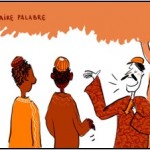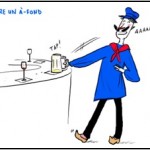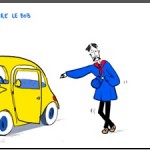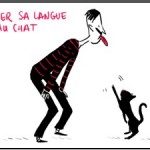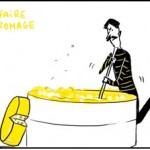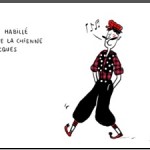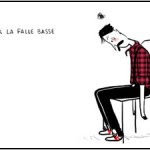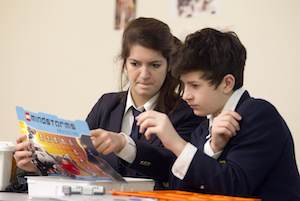 In August, Google took special steps to acknowledge the birth of Pierre de Fermat – an outstanding French mathematician from the mid 1600’s. Although he made important contributions to calculus, optics and number theory, he is largely remembered for his last theorem that was jotted in the margins of an ancient Greek mathematical text, which apparently he solved, but never shared with anyone when he lived. In fact, the unsolved elements of the theorem frustrated mathematicians for almost four full centuries before it was finally figured out. For a long time “Fermat’s Conjecture” was in the Guinness Book of World Records as the world’s most difficult math problem.
In August, Google took special steps to acknowledge the birth of Pierre de Fermat – an outstanding French mathematician from the mid 1600’s. Although he made important contributions to calculus, optics and number theory, he is largely remembered for his last theorem that was jotted in the margins of an ancient Greek mathematical text, which apparently he solved, but never shared with anyone when he lived. In fact, the unsolved elements of the theorem frustrated mathematicians for almost four full centuries before it was finally figured out. For a long time “Fermat’s Conjecture” was in the Guinness Book of World Records as the world’s most difficult math problem.
It was finally fully solved in 1994 by British mathematician Andrew Wiles, whose proof took seven years to complete and ran over 100 pages in length. For his efforts he was knighted and recognized widely for his achievement.
Because of this extraordinary story, Fermat actually became more famous for what he had left undone rather than what he did achieve in life, and in so doing, he has been identified as the “patron saint of unfinished business.”
Unfinished business—we all suffer from the plight of unfinished business. Whether it’s a school project, a personal hobby, a desire to develop a new skill, or simply organize to meet up with an important friend who you haven’t seen for a long time, I think we live in a world where the trail of unfinished business is now longer than it has ever been before. According to the so-called experts, our attention spans are getting shorter, and because of all the interesting things we can read about or watch on the Internet, completing projects or tasks has seemingly become more challenging these days.
So, work at being organized and disciplined with your major responsibilities in life. However, whether it’s your school work, a personal project in your basement, an unfinished novel, or a technical idea that may be as good as Google or Facebook, think about Pierre de Fermat—the Patron Saint of Unfinished business. Great ideas sometimes take a long time to come to fruition. I hope that your greatest ideas eventually see the light of day… and despite all our modern distractions, many of them likely will.
Persist, mes amis, persist! —Headmaster Chris Shannon

